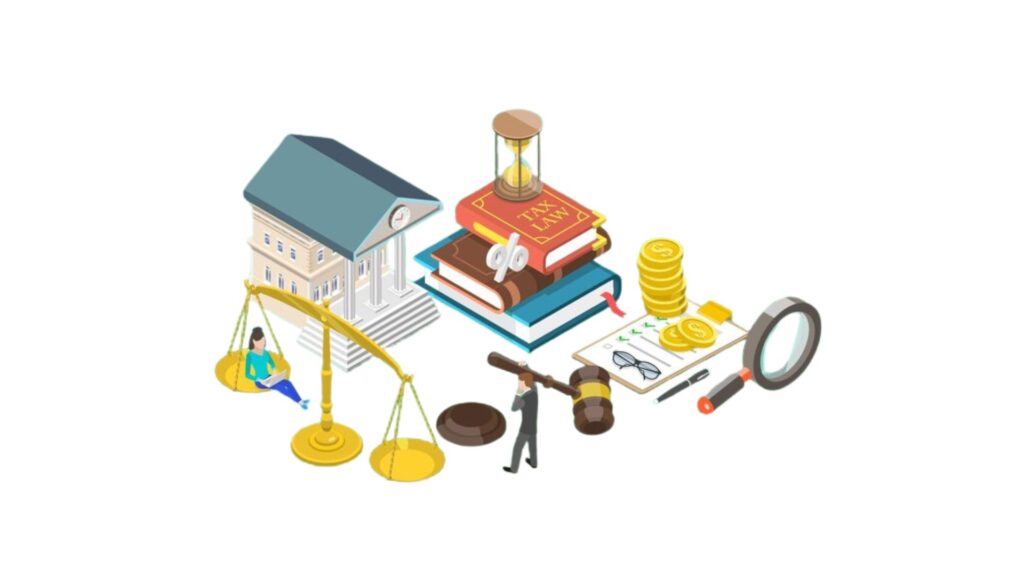
03 Jul Kerala High Court: Charges for Ayurveda Centre, Beauty Parlor, and Convention Centre Services in Hotels Attract Luxury Tax

Introduction
The Hon’ble Kerala High Court, Ernakulam, in the case of State of Kerala v. M/s M. Far Hotels Ltd. [O.P (Tax) No. 24 and 28 of 2016, dated June 04, 2024], held that charges received by the taxpayer for services at the Ayurveda Centre, Beauty Parlor, and Convention Centre within the hotel attract luxury tax under the Kerala Tax on Luxuries Act, 1976 (“the KLT Act”) because the services were not being rendered directly by the taxpayer but by a third party providing services to customers on the taxpayer’s premises.
Facts of the Case
A Common Order dated August 4, 2015 (“the Impugned Order”), was passed by the Kerala Value Added Tax Appellate Tribunal (“KVATAT”) concerning the Assessment Year 2003-04. It also disposed of four appeals preferred by the Revenue relating to Assessment Years 2004-05, 2005-06, 2006-07, and 2007-08, all decided against the State of Kerala (“the Petitioner”).
Aggrieved by these circumstances, the Petitioner filed the present writ petition on the applicability of luxury tax on services provided to customers at the hotel premises by a third party.
Issue
Whether charges received by the taxpayer for services at the Ayurveda Centre, Beauty Parlor, and Convention Centre within the hotel attract luxury tax under the Kerala Tax on Luxuries Act.
Held
The Hon’ble Kerala High Court, Ernakulam, in O.P (Tax) No. 24 and 28 of 2016 held as follows:
- Relied on Judgment: The court relied on the judgment of Madhavaraja Club v. Commercial Tax Officer (Luxury Tax) [2023 (3) KLT 475], which discussed the scheme of taxation under the KTL Act. The test for determining whether a tax is backed by the authority of law involves four components: the nature of the tax, the person on whom the levy is imposed, the rate of the tax, and the measure or value to which the rate will be applied, as per Govind Saran Ganga Sarana v. CST (AIR 1985 SC 1041).
- Taxation Framework: The KTL Act states that luxury tax is imposed on the enjoyment of a luxury provided by a 'proprietor' to another person. The incidence and levy of the tax are on the 'proprietor,' although the ultimate impact is on the persons enjoying the luxury.
- Service Providers: The Ayurveda Centre and Beauty Parlour operated within the premises of the Respondent hotel by independent third parties. The documents showed that the provision of luxury was by these third parties, not directly by the Respondent. The invoices to customers indicated services provided by the third parties, not the Respondent.
- Revenue Sharing: The revenue-sharing agreement between the Respondent hotel and the third parties was seen as a rental arrangement for letting out space within the hotel premises for the third parties' business activities.
- Convention Centre Charges: The court held that prior to the amendment of Section 4(2)(c) of the KLT Act, there was no levy for charges collected for using a Convention Centre. The levy was introduced through the Kerala Finance Act, 2006, effective from July 01, 2006. Being an amendment introducing a new levy, it could only operate prospectively, not retrospectively.
The writ petition was disposed of accordingly.


No Comments